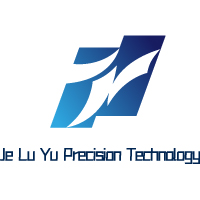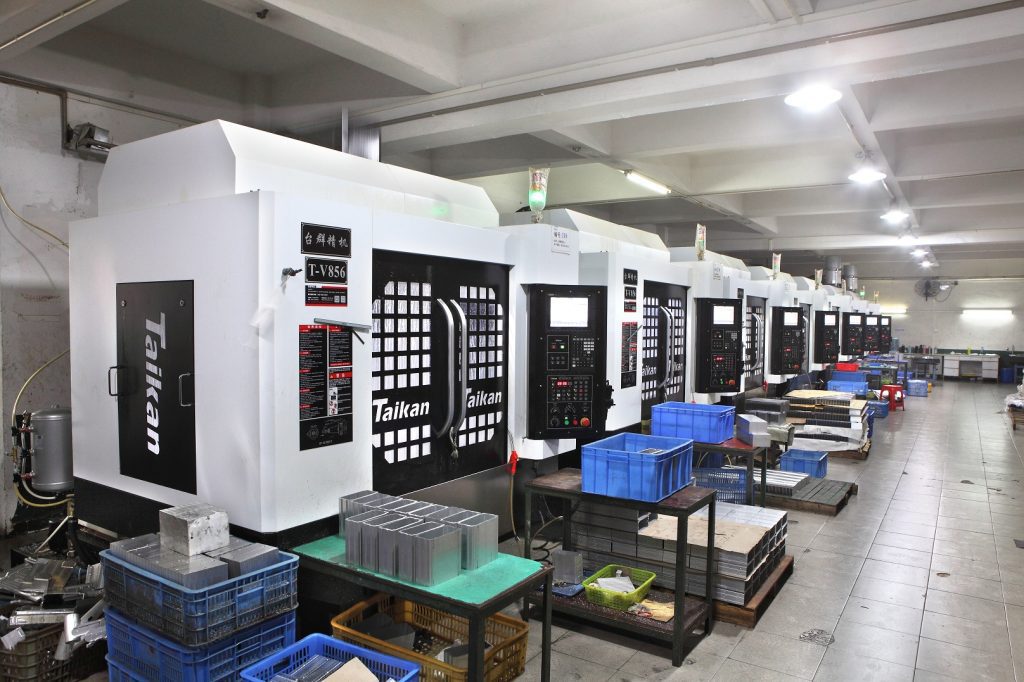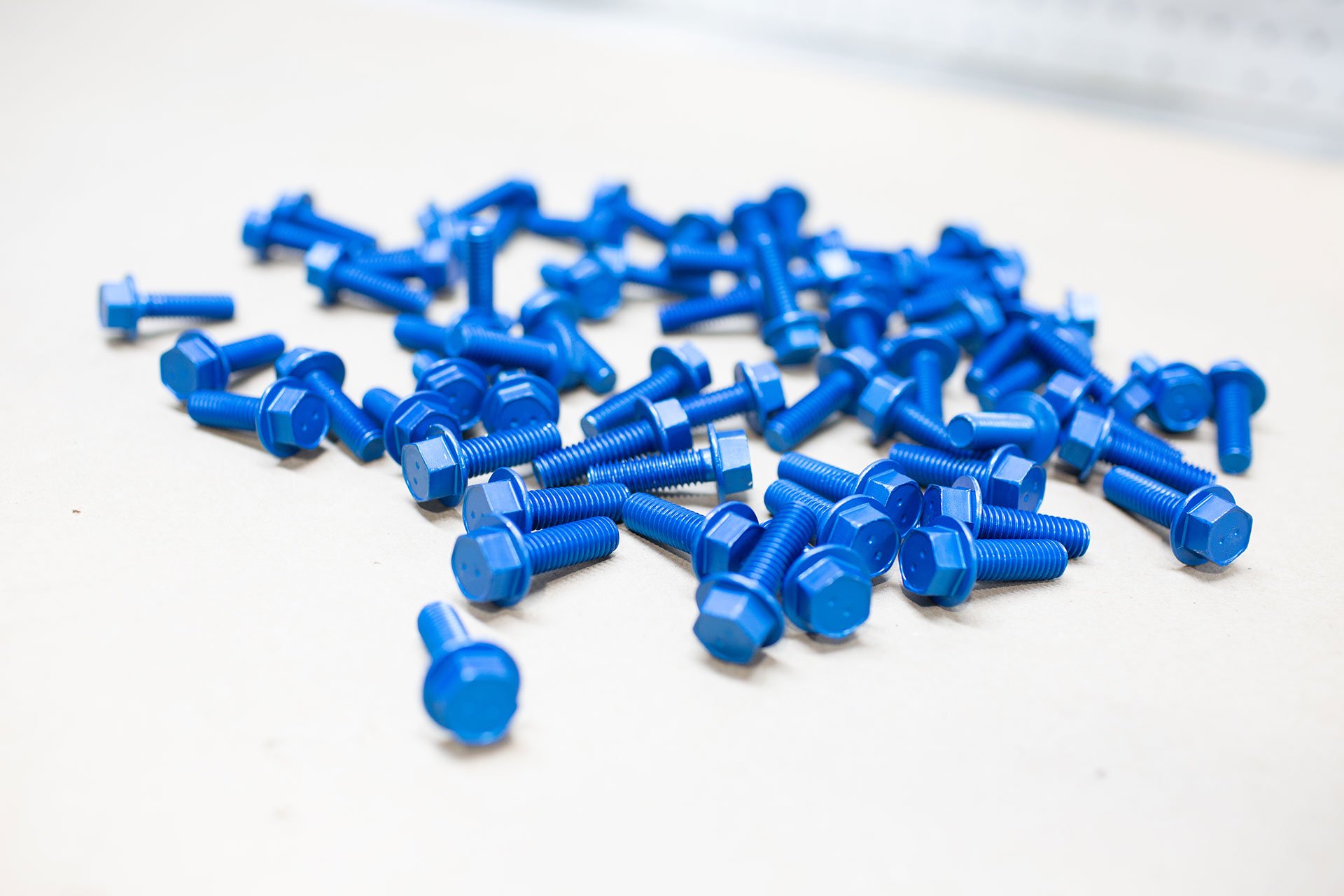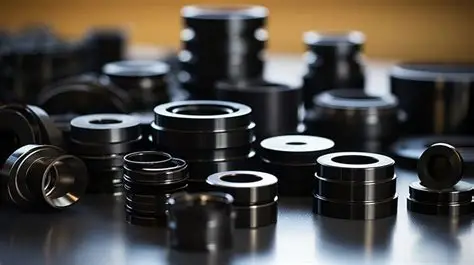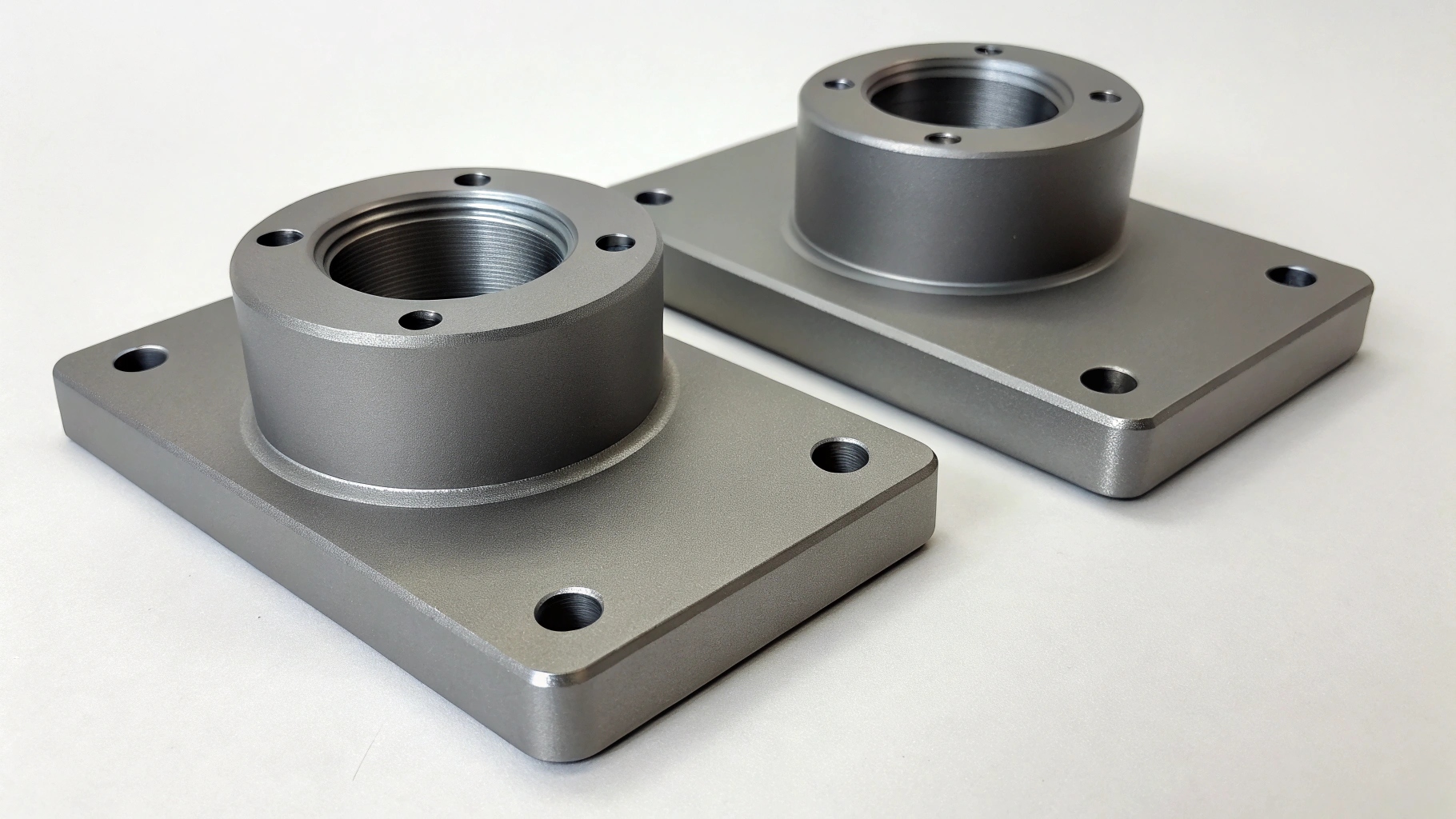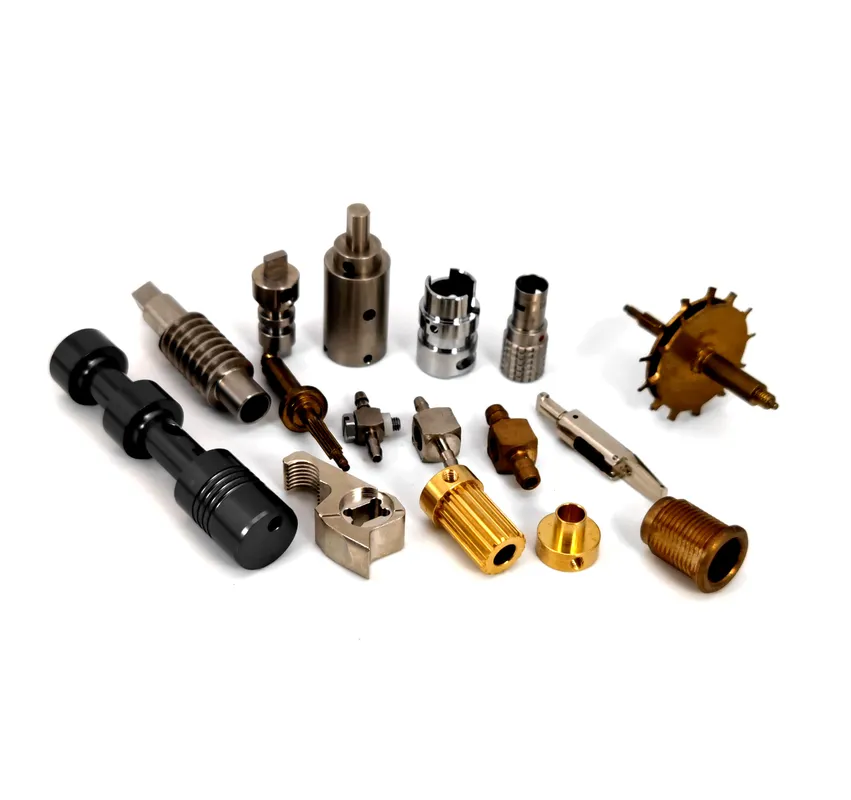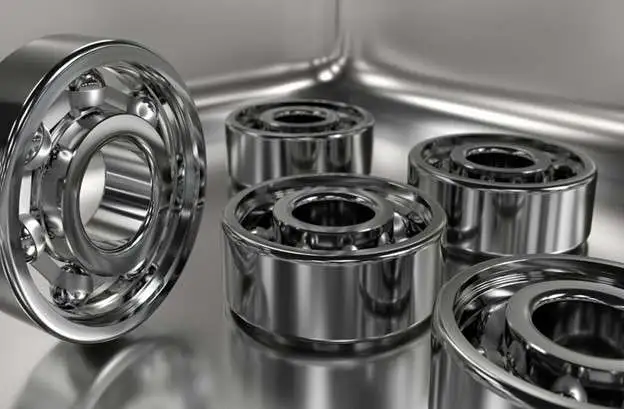CNC Machining Shop in China: Your Ultimate Guide to Precision Manufacturing
In the heart of global manufacturing, Chinese CNC machining shops are setting new standards for precision, efficiency, and technological innovation in custom part production.
CNC machining shops in China have evolved from basic manufacturing facilities to sophisticated technology hubs capable of delivering world-class precision components across industries. As the global manufacturing landscape continues to shift, Chinese manufacturers have invested heavily in advanced equipment, skilled workforce development, and quality management systems to position themselves as leaders in the precision machining sector. The combination of technical expertise, cost efficiency, and scalable production capacity makes China an increasingly attractive destination for businesses seeking reliable CNC machining services.
The growth of China’s CNC machining sector reflects broader trends in advanced manufacturing, with companies like MaiXingTu and HanFeng CNC demonstrating how technological innovation and quality focus can drive international success. These companies represent the new generation of Chinese precision manufacturers who compete not on price alone, but on technical capability, precision, and reliability.
The Evolution of China’s CNC Machining Capabilities
China’s journey in CNC machining began with simple manual operations but has rapidly advanced to incorporate some of the world’s most sophisticated manufacturing technologies. This transformation has been driven by significant investment in multi-axis machining systems, advanced CAD/CAM software, and comprehensive quality control processes that ensure consistent results across production runs.
Technical Infrastructure Development
The modernization of China’s CNC machining infrastructure has been systematic and comprehensive:
-
Hardware Investment: Chinese manufacturers have prioritized acquisition of advanced 5-axis machining centers, Swiss-type lathes, and multi-pallet systems that enable continuous operation
-
Software Integration: Implementation of sophisticated CAM systems that optimize tool paths, minimize cycle times, and reduce human error in programming
-
Quality Systems: Adoption of international standards including ISO 9001, AS9100, and IATF 16949 with corresponding certification
-
Digital Transformation: Integration of ERP, MES, and QMS platforms that provide real-time production monitoring and data-driven decision making
As demonstrated by manufacturers like HanFeng CNC, this systematic approach to capability development has yielded impressive results, including ±0.003mm repeatable positioning accuracy that rivals and often exceeds global standards.
Advanced CNC Technologies in Chinese Machine Shops
Chinese CNC machining shops employ diverse technologies suited to different precision manufacturing requirements. Understanding these capabilities helps in selecting the right partner for specific projects.
Multi-Axis Machining Systems
Modern Chinese machining facilities feature comprehensive multi-axis capabilities:
Table 1: CNC Machining Capabilities in Chinese Workshops
| Machining Technology | Common Applications | Tolerance Capability | Surface Finish (Ra) | Relative Speed |
|---|---|---|---|---|
| 3-Axis Milling | Simple geometries, 2.5D features, flat surfaces | ±0.025mm to ±0.125mm | 1.6-3.2 μm | Fast for simple geometries |
| 5-Axis Simultaneous Milling | Complex contours, organic shapes, undrafted surfaces | ±0.01mm to ±0.05mm | 0.4-1.6 μm | Medium for complex parts |
| High-Speed Machining | Detailed textures, fine features, thin walls | ±0.005mm to ±0.025mm | 0.2-0.8 μm | Fast with specialized tooling |
| Mill-Turn Centers | Complex rotational parts with off-center features | ±0.005mm to ±0.02mm | 0.4-1.6 μm | Fast for complex rotational parts |
5-axis simultaneous machining has been particularly transformative for Chinese manufacturers. As demonstrated by MaiXingTu’s development of the MTX-1250TC five-axis turning-milling compound processing center, this technology enables complex part production in single setups, significantly reducing cycle times while improving accuracy.
Specialized Machining Processes
Beyond standard milling and turning operations, Chinese shops offer specialized capabilities:
-
High-Speed Machining: Advanced tool paths and spindle technology that maintain accuracy at elevated feed rates
-
Micro-Machining: Capabilities for manufacturing small features with sizes down to 0.1mm using specialized equipment
-
Hard Material Processing: Experience with difficult-to-machine materials including titanium, Inconel, and hardened steels
-
Complex Geometry Manufacturing: Expertise in undercut machining, deep cavity milling, and thin-wall machining
The implementation of advanced toolpath strategies like trochoidal milling and adaptive clearing enables Chinese manufacturers to maintain tool life while maximizing material removal rates in challenging materials.
Material Expertise in Chinese CNC Machining
Chinese CNC shops have developed extensive experience with diverse engineering materials, enabling them to provide guidance on material selection for optimal performance and manufacturability.
Common Material Capabilities
Table 2: Material Capabilities in Chinese CNC Machining Shops
| Material Category | Specific Grades | Chinese Manufacturer Experience | Applications | Special Considerations |
|---|---|---|---|---|
| Aluminum Alloys | 6061-T6, 7075-T6, 2024, 5052 | Extensive experience, high-volume production | Aerospace, automotive, consumer electronics | Anodizing, chemical filming, hard coating |
| Stainless Steels | 304, 316, 17-4PH, 420, 440C | Strong capability with medical, marine, food grade | Medical devices, food processing, marine | Passivation, electropolishing expertise |
| Titanium Alloys | Grade 2, Grade 5 (6Al-4V), Grade 23 | Growing expertise, especially in aerospace | Aerospace, medical implants, chemical | Specialized tooling, controlled environment |
| Engineering Plastics | PEEK, Ultem, PTFE, Nylon, PC | Comprehensive plastic machining experience | Medical, electrical, consumer products | Tight temperature control, specialized fixturing |
| Alloy Steels | 4140, 4340, A2, D2, P20 | Extensive tooling and mold experience | Automotive, tooling, high-strength components | Heat treatment, plating, surface hardening |
Chinese manufacturers have developed particular expertise in machining aluminum alloys and stainless steels, with growing capability in titanium and high-performance plastics. This broad material knowledge enables them to provide valuable design for manufacturability (DFM) feedback during the engineering phase.
Quality Assurance in Chinese CNC Machining Shops
Quality management represents a critical focus area for reputable Chinese CNC machining shops, with systematic approaches to ensuring dimensional accuracy and material integrity.
Inspection and Verification Technologies
Leading Chinese manufacturers employ comprehensive measurement and verification systems:
-
Coordinate Measuring Machines: Volumetric accuracy verification of complex geometries with automated reporting
-
Optical Comparators: Rapid verification of 2D geometries and relationships for high-volume production
-
Surface Roughness Testers: Quantitative measurement of surface texture and finish parameters
-
Hardness Testers: Material property verification to ensure compliance with specifications
-
Custom Fixture Gauges: Application-specific measurement tools for high-volume production
The implementation of these technologies enables Chinese shops to maintain the tight tolerances required by industries such as aerospace, medical devices, and automotive manufacturing.
Certification and Standards Compliance
Reputable Chinese CNC machining shops maintain certifications that demonstrate their commitment to quality:
-
ISO 9001: Quality management systems
-
AS9100: Aerospace quality standards
-
ISO 13485: Medical device manufacturing standards
-
IATF 16949: Automotive quality management standards
These certifications provide assurance that manufacturing processes meet international requirements and industry-specific standards.
Real-World Case Studies: Chinese CNC Machining Excellence
Case Study 1: Aerospace Component Manufacturing
A European aerospace manufacturer needed complex structural brackets for satellite systems with accelerated timeline requirements.
Challenge: Produce five functional prototypes of a topology-optimized bracket from 7075 aluminum with ±0.05mm positional tolerances on mounting features within a 10-day timeframe to support critical design review.
Technical Solution: The Chinese machining provider implemented a dedicated 5-axis machining strategy:
-
High-Speed Machining: Optimized tool paths utilizing dynamic milling strategies for reduced cycle times
-
Digital Simulation: Manufacturing process simulation to verify tool paths before machining
-
In-Process Verification: On-machine probing to verify critical features without separate inspection
-
Material Certification: Certified 7075-T6 aluminum with full material traceability
Results: The components were delivered within 8 days, enabling the customer to proceed with design review two days ahead of schedule. The prototypes achieved all dimensional requirements and passed functional testing, validating the design before proceeding to production tooling.
Case Study 2: Medical Device Component Production
A surgical instrument company required precision components for a new laparoscopic tool system with stringent biological compliance requirements.
Challenge: Machine 15 sets of intricate stainless steel mechanism components with specific surface finish requirements and full traceability for medical device regulatory submission.
Technical Solution: The Chinese manufacturer employed a comprehensive approach:
-
Multi-Axis Machining: Complex mechanism features produced in minimal setups
-
Surface Enhancement: Medical-grade surface finishes matching production requirements
-
Lot Control: Complete material traceability from raw material to finished component
-
Documentation: Comprehensive inspection records supporting regulatory submission
Results: The components enabled the medical device company to maintain its FDA submission schedule while implementing design improvements based on surgeon feedback. The on-time delivery and comprehensive documentation facilitated rapid regulatory approval.
Case Study 3: Automotive System Development
An automotive systems manufacturer needed prototype components for a new transmission system with demanding timeline and performance requirements.
Challenge: Produce functional prototypes of complex transmission housings from cast aluminum with precise bearing fits and sealing surfaces within 15 days for vehicle-level testing.
Technical Solution: The implementation combined multiple advanced processes:
-
Multi-Pallet Machining: Continuous operation with parallel loading and machining cycles
-
Boring Operations: Precision bearing fits with ±0.01mm diameter tolerance
-
Sealing Surface Finishing: Specific surface texture requirements for static and dynamic seals
-
Leak Testing: 100% component verification for sealing integrity
Results: The prototypes successfully completed vehicle-level testing, providing validation data that confirmed the design before production tooling. The accelerated timeline enabled the automotive manufacturer to compress its development cycle by four weeks, delivering a competitive advantage in the market.
Implementing Successful Partnerships with Chinese CNC Shops
Establishing effective collaborations with Chinese CNC machining providers requires strategic approaches to communication, project management, and quality assurance.
Supplier Selection Criteria
When evaluating Chinese CNC machining partners, consider these essential capabilities:
-
Technical Equipment Portfolio: Modern CNC machinery with multi-axis capabilities and appropriate sizing
-
Material Expertise: Experience with relevant materials and applications
-
Quality Systems: Documented quality management with efficient inspection methodologies
-
Communication Practices: Responsive communication with regular progress updates
-
Project Management: Formal tracking systems with clear milestone definitions
Design for Manufacturing Optimization
Preparing designs for successful outcomes with Chinese manufacturers:
-
Design for Machinability: Incorporating appropriate draft angles, corner radii, and feature accessibility
-
Tolerance Rationalization: Applying tight tolerances only where functionally necessary
-
Material Selection: Choosing materials with favorable machining characteristics and availability
-
Design Documentation: Providing comprehensive specifications to prevent misinterpretation
The Future of CNC Machining in China
Emerging trends continue to shape the evolution of CNC machining services in China, with several key developments influencing future capabilities.
Technology Integration
The future of Chinese CNC machining involves increased integration of complementary technologies:
-
Hybrid Manufacturing: Combining additive and subtractive processes for optimal results
-
Digital Twin Implementation: Virtual manufacturing systems that mirror physical processes
-
AI-Driven Optimization: Automated parameter selection and adaptive control systems
-
Advanced Materials: Development and implementation of proprietary material formulations
Sustainability Initiatives
Chinese manufacturers are increasingly focused on environmental responsibility:
-
Energy Efficiency: Implementation of energy monitoring and reduction systems
-
Waste Management: Comprehensive recycling of metals, coolants, and packaging materials
-
Green Manufacturing: Processes designed to minimize environmental impact
-
Compliance: Adherence to international environmental standards and regulations
As demonstrated by forward-thinking companies like MaiXingTu and HanFeng CNC, Chinese manufacturers are increasingly competing on technology leadership and innovation rather than cost alone.
Conclusion
CNC machining shops in China have matured into sophisticated manufacturing partners capable of delivering world-class precision components across industries from aerospace to medical devices. The combination of advanced equipment, technical expertise, and systematic quality management enables Chinese manufacturers to compete effectively in global markets while maintaining competitive pricing and lead times.
The most successful manufacturing partnerships leverage China’s strengths in precision manufacturing while establishing clear communication channels and quality standards. By selecting appropriate partners, optimizing designs for manufacturing, and implementing comprehensive verification processes, companies can achieve remarkable results while controlling costs and accelerating time to market.
For organizations seeking to maximize their manufacturing efficiency, our specialized CNC machining services in China deliver the precision, expertise, and reliability required for today’s demanding production requirements. Contact our engineering team to discuss how our CNC machining capabilities can enhance your next manufacturing project.
